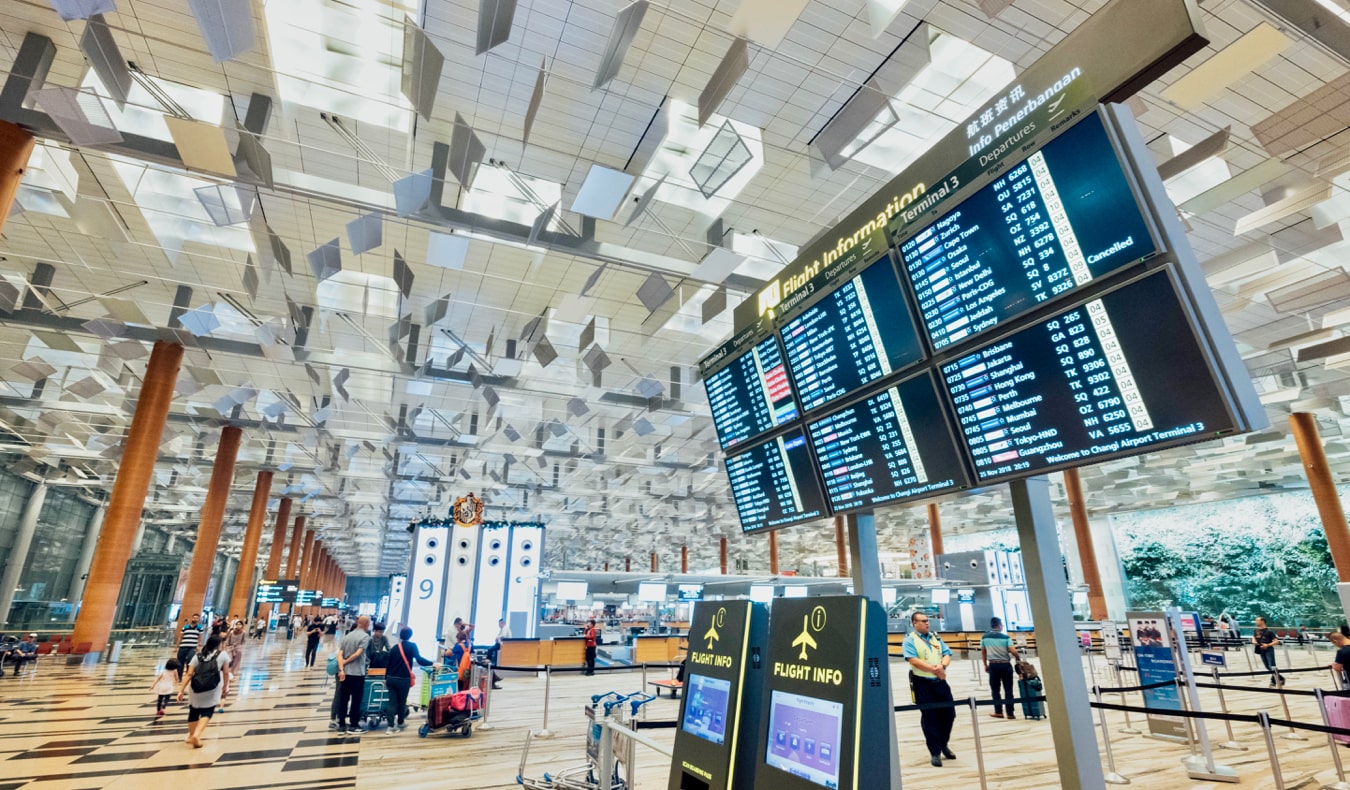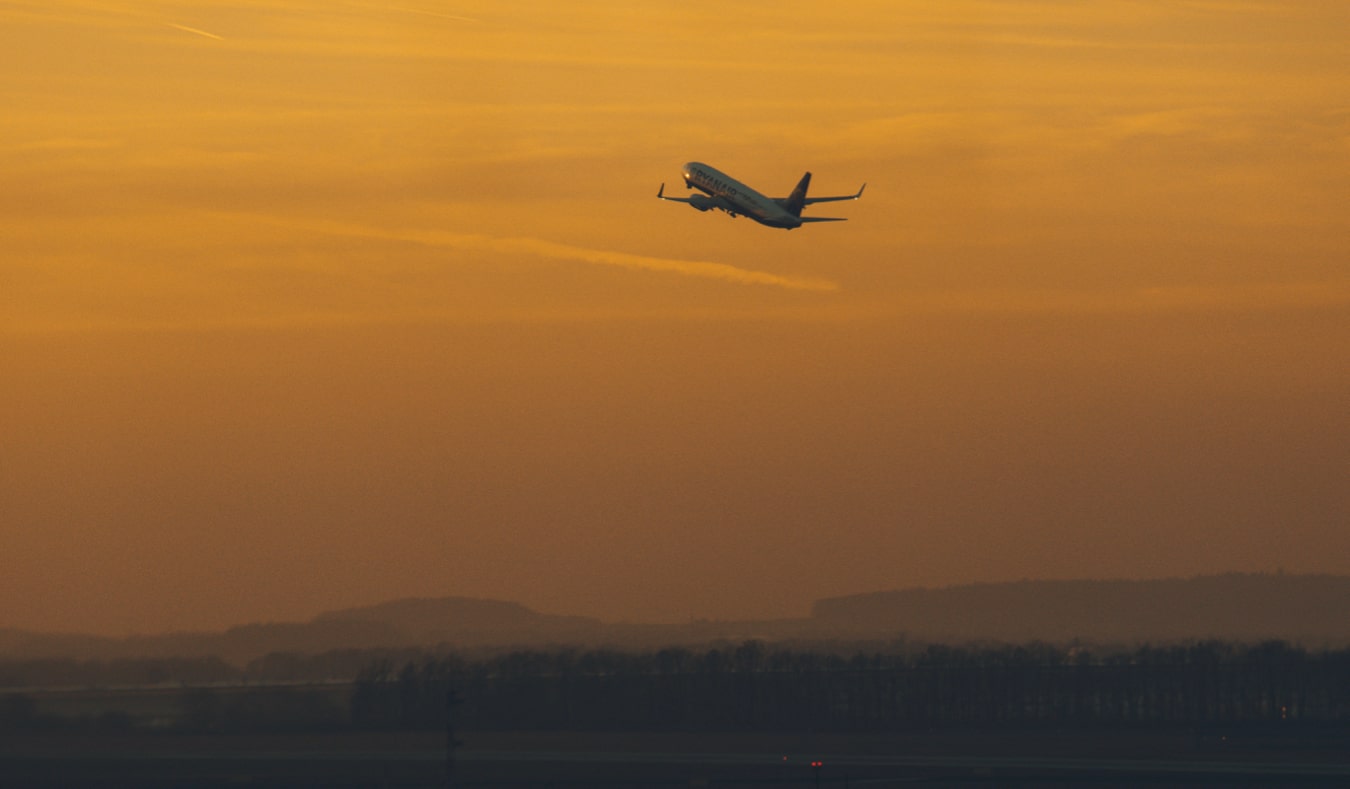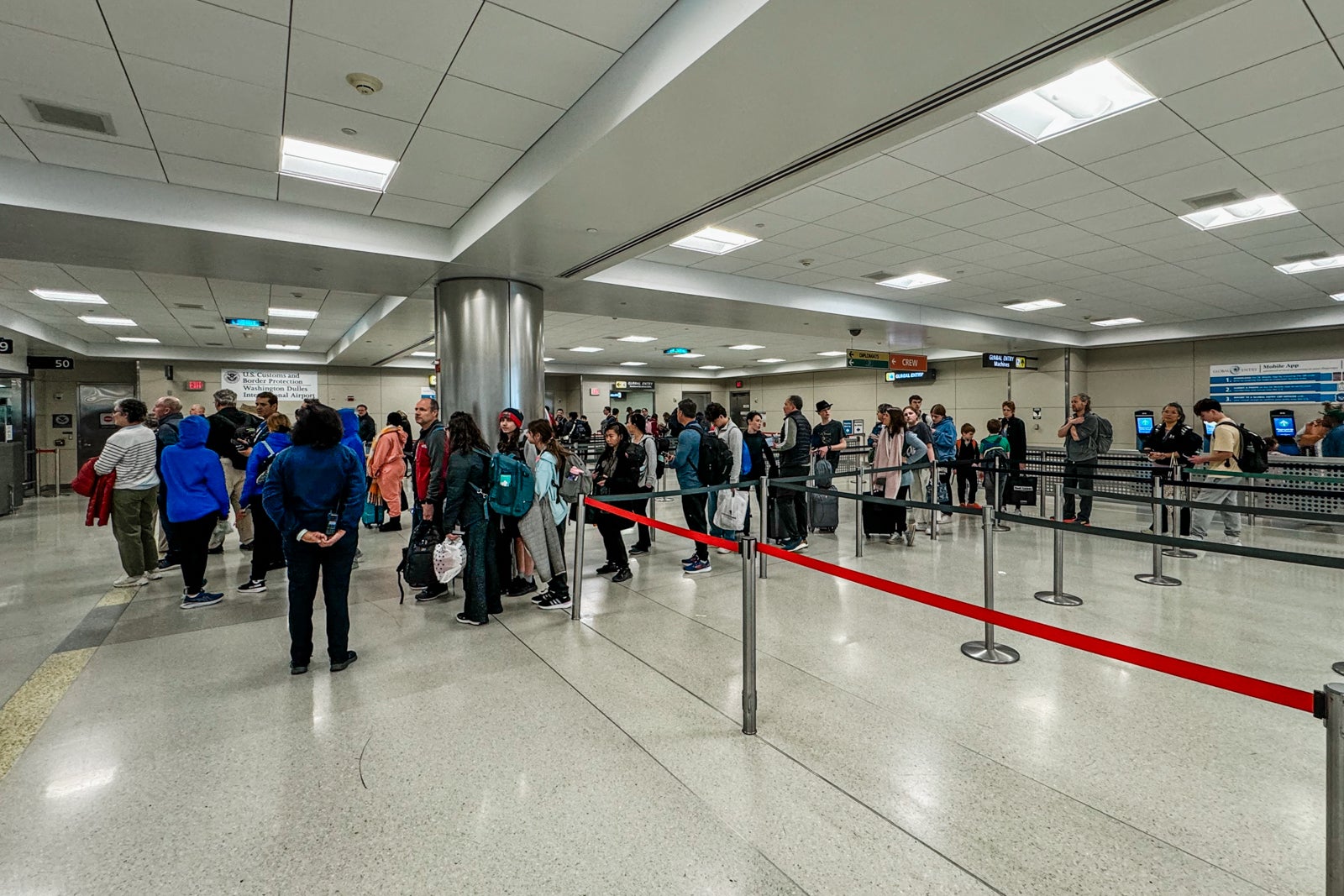5 Myths About Booking a Flight that You Need to Ignore

Last Updated: 8/28/23 | August 28th, 2023
Let’s talk about cheap flights. We all know airlines are out to screw us over — and no one wants to be the person who gets stuck paying the highest fare. That’s why we spend hours upon hours researching articles on airfare, trying to game the system like we’re attempting to outsmart a used car salesman.
I’ve written about finding a cheap flight before — and even my process for booking a flight — but today I want to talk about some persistent and inaccurate myths about booking a flight that have stuck around through simple inertia and lazy journalism.
There are a lot of articles out there that list “secret hacks” claiming to save you thousands. “If you book a flight on a Tuesday during a blood moon while standing on one leg, you’ll get the cheapest flight possible!”
Ok, that’s an exaggeration. But I read so many articles that are straight-up inaccurate and outdated that, today, I want to explain which “rules” are straight-up lies so you don’t follow them, save hours of time, and still end up with a cheap flight!
MYTH #1: You Should Search Incognito
This is the worst and most pervasive myth of them all. It makes sense. We all know that every company in the world uses cookies to track our online habits. So why wouldn’t airlines track us? There’s a belief that airlines are watching our browsing habits and then raising ticket prices when they see us looking at the same route(s) over and over again.
Lots of websites tell you to use a browser’s “incognito mode” to avoid this. Turn cookies off, stop being tracked, and trick the system, right?
Except this is not true at all.
There’s no evidence that airlines behave that way. Numerous studies by booking companies have shown that there is no variance in pricing when you use incognito mode.
And, typically, when you abandon your cart, businesses discount prices to get you to complete your purchase not raise them higher.
According to Scott of Going (formerly Scott’s Cheap Flights), one of the most popular bargain-flight websites,
“There’s no evidence that airlines are showing you a different price based on your cookies. We are mistaking airfare volatility for a Truman Show–esque interpretation that the airlines are out to raise fares on us. Airfare is constantly changing, often by the hour if not by the minute these days. When a flight you’re looking at goes up in price, there’s a temptation to think that it’s because of your cookies, but Occam’s razor is that the price went up because airfare is constantly changing.”
They searched the same Denver to London flight 100 times in a row, and on the first search and the hundredth search, the price stayed exactly the same. If cookies affected flight searches, websites like Going, where they search thousands of airfare searches each day to find their members the best deals, wouldn’t exist.
Airfare simply changes all the time. A study by CheapAir found that average economy fare can change up to 3 times each day and 49 times total on average. Airlines use sophisticated software to change prices based on a variety of factors.
Additionally, they put their inventory not just on their own website but also on hundreds of third-party websites so millions of people are looking at the same flights at any given moment. The system is constantly updating itself based on ticket sales and demand. If you’re searching for a flight and come back an hour later, only to see that the price has jumped, it’s easy to think that it’s because the airline was tracking your cookies. But the reality is that there was likely only one ticket left at that price, and it just sold. That’s it!
After all, there are only so many seats on a plane. You just can’t add more!
That’s why prices change.
Searching in incognito mode is simply not going to help you find a cheaper flight.
MYTH #2: It’s Better to Book on a Tuesday

Back in the day, most airlines used to drop flight deals on Tuesdays and that would lead to other airlines following suit. Thus the old adage to book on Tuesdays.
These days, as I mentioned above, airlines use dynamic pricing and artificial intelligence to constantly change their pricing. The algorithms consider a variety of factors: historical and current demand, seasons, itinerary, level of competition from other airlines, fare class, timing, fuel prices, demand, etc.
According to Scott,
“Some websites still claim there is a single predictable time each week when fares are cheapest. When airfare was first sold online, airlines and online travel agencies would often load their fares just once a week, say, Tuesday at 2pm. There were a limited number of the cheapest fares available, and so if you were one of the first people to book right after the new fares were loaded, you really could get a great deal. Nowadays airfare changes by the minute, driven less by humans plugging in fares each week and more by complex computer algorithms.”
CheapAir found the same thing each year in their Annual Airfare Study, which analyzes almost 1 billion airfares to help travelers determine the best times to book. This (and other) studies do find that while the day you book on doesn’t matter, the day that you fly on does: Wednesday is the cheapest while Sunday is the most expensive day on which to fly. Unsurprisingly, the time of year that you fly also matters. January and February are the cheapest months for airfare, while July and December are the most expensive months.
So book your flight on whatever day you want, but if you can, fly mid-week and off-season.
Myth #3: There is a Perfect Time to Book
Just like there’s no perfect day of the week on which to buy a flight, there’s no one-size-fits-all time frame for booking. Since airfare prices are so volatile, the best time to book depends on a variety of factors including seasonality, destination (especially international vs domestic), and your own booking needs (if you want the most choices in terms of seating, type of ticket, etc.).
On average though, CheapAir’s study found that the “best” day to book a domestic flight is 70 days from departure. For an international flight, the ideal window is about 1.5-5 months ahead. Going and Google also found the same in their studies.
This makes sense as most people book 2-3 months before they go away. If you’re a family going on vacation, you don’t just do it on a whim. You take time off work and plan months in advance.
On the flip side, business travelers book much closer to the date of travel, and care less about pricing (because their company is footing the bill). Airlines are well aware of the needs and habits of both of these travelers, and adjust their pricing accordingly. That’s why you’ll see flights start to skyrocket 21 days before departure. Most leisure travelers have booked their trips by now, and airlines want to take advantage of the last-minute business travelers that are willing to pay more for their ticket. (So never book less than 21 days before leaving!)
Bottom line: the perfect time to book is when you find a price that you’re happy with. There are a lot of tools out there to help you with this, from price alerts on flight search engines to cheap flight membership websites like Going.
Remember that, no matter what, you have 24 hours to cancel if you find a cheaper ticket. I usually set a reminder for 23 hours, check the prices again, and then move on with my life if nothing better has popped up. Google’s new Price Guarantee feature can also provide peace of mind in knowing that if a better deal comes up, you’ll be paid the difference (available only on select routes departing from the U.S.).
MYTH #4: Websites Can Predict Prices

Websites that predict prices are just taking an educated guess based on historical pricing. Don’t put too much stock in these predictions. The past is not prologue and a spike in demand like a concert or other event can change the price of a ticket outside its historical range.
I like the price meter on Google Flights because it lets me know the general historic price range of this fare. But any website that says “wait to book because prices are going to go down” is full of shit.
Airfare is incredibly volatile. There are a limited number of seats on planes and dozens of variables — from overall economic conditions to the price of oil to competition from new budget airlines to the difficulty of predicting travel interest for a specific flight 11 months from now. No one knows what the future holds. The recent pandemic is proof that modeling the future doesn’t work.
These websites have no idea what future airfare will be and are just guessing.
As Scott echoes:
“It’s important to distinguish between when is cheapest to travel and when is cheapest to book. We know a lot about when it’s typically cheapest to travel: January through March and September through November. That’s not to say there are never cheap flights in June. Think of it like an NBA game: just because one team is favored doesn’t mean there’s never an upset. This is all to say that anyone who claims to have cracked the code and be able to predict with certainty whether a flight six months from now will go up or down in price is doing you a disservice.”
MYTH #5: There is One Best Booking Website
Why do you see prices vary from website to website? Third-party OTAs (online travel agencies) like Expedia often buy tickets in bulk and the prices depend a lot on what booking class they’ve purchased (usually they buy the cheapest and most restrictive fares which is why those flights are always unchangeable). Plus, again, thousands of people could be booking at once and so as the cheaper seats go, the prices go up!
That’s why, while I love Skyscanner and Google Flights, I check lots of other websites before I actually book.
But, while I love them, remember: there is no single best website out there for flights.
Prices vary among all these platforms. That’s why you have to search multiple websites and meta-search engines.
There’s no single best booking website, only the best one at the time of booking.
Any article that claims to show you the “secret” to cheap airfare is probably too good to be true — because if it worked so well, airlines would have put an end to it a long time ago. You can’t outsmart the airlines. You can only bend the system to your advantage.
There’s simply no magic bullet to finding cheap airfare.
As much as we all want there to be one.
Book Your Trip: Logistical Tips and Tricks
Book Your Flight
Find a cheap flight by using Skyscanner. It’s my favorite search engine because it searches websites and airlines around the globe so you always know no stone is being left unturned.
Book Your Accommodation
You can book your hostel with Hostelworld. If you want to stay somewhere other than a hostel, use Booking.com as it consistently returns the cheapest rates for guesthouses and hotels.
Don’t Forget Travel Insurance
Travel insurance will protect you against illness, injury, theft, and cancellations. It’s comprehensive protection in case anything goes wrong. I never go on a trip without it as I’ve had to use it many times in the past. My favorite companies that offer the best service and value are:
Want to Travel for Free?
Travel credit cards allow you to earn points that can be redeemed for free flights and accommodation — all without any extra spending. Check out my guide to picking the right card and my current favorites to get started and see the latest best deals.
Ready to Book Your Trip?
Check out my resource page for the best companies to use when you travel. I list all the ones I use when I travel. They are the best in class and you can’t go wrong using them on your trip.







